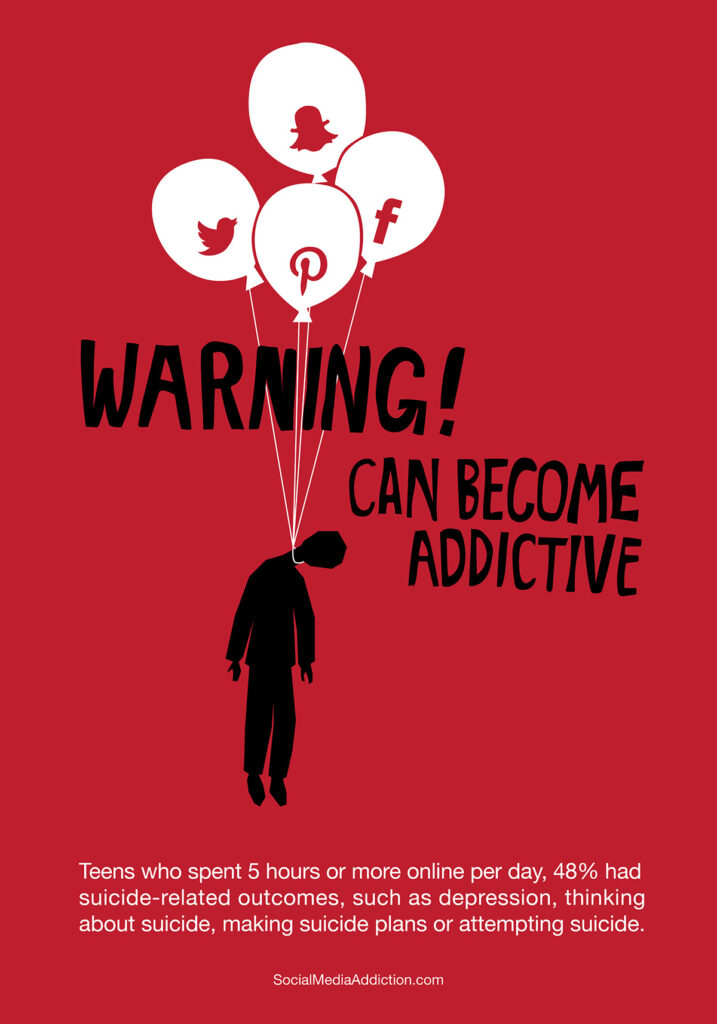8 Incredible Ways to Increase your Self- awareness and Develop Courage!
Self awareness helps you understand your personality, values, and deepest desires. Additionally, learning more about yourself helps you create your best life and make positive changes to improve your weaknesses. Being self aware boosts your emotional intelligence, so it’s a valuable trait that might help you relate to others. Raise yourself awareness and develop Emotional Intelligence by learning about yourself, building and getting feedback from others
1. Rank your top 5-10 priorities so you know what’s important to you.
Make a list of the things you most value in life, such as your family. Then, choose 5-10 items on your list that are most valuable to you. Rank them in order of importance, with 1 being your top priority. This helps you understand what’s truly important to you. The process gives you a confidence that nothing important will be missed out by you. In turn it increases your courage.
2. Identify your strengths and weaknesses.
Knowing your strengths and weaknesses helps you understand yourself so you can live your best life. Discover your strengths by assessing your knowledge, skills, and traits. Additionally, think of 3-5 times when you felt most successful in life. Then, make a list of areas where you want to improve to find your weaknesses. Start working on mitigating or eradicating your weaknesses. This is another step which will make you strong.
3. Write about your feelings and experiences in a journal.
Journaling helps you better understand your thoughts and emotions. Set a goal to write in your journal every day, even if you just write a little. Discuss what’s happening in your life and how you feel. Then, review what you’ve written to help you self-reflect. No daily experiences will surely help you to understand that how you should go about improving yourself in dealing with the day today problems. Understandably this develops your courage.
4. Allow yourself to feel your emotions so they pass.
Part of self awareness is being able to understand your emotions. Acknowledge how you’re feeling and give yourself permission to experience the emotion. This allows your feelings to pass. Don’t ever press any emotions. This is particularly so for feeling of sadness and remorse. You must remind yourself that these unwanted feelings are not going to help you in anyway. If you’re not going to hell why let them remain with you. Threw them out.
5. Determine what triggers you emotionally to understand yourself.
Think about the times you’ve gotten really upset in the past. Then, identify what was happening in that moment. This is an emotional trigger that you have. Knowing your triggers helps you better manage your emotional reactions to them. It’s important for you to understand your emotional characteristics. Do you have fear of failures? Or that of criticism. Remember failure is a part of success. No criticism is valid. Don’t worry what other people say but keep on improving yourself day after day.
6. Meditate for at least 10 minutes a day for a clear mind.
Daily meditation helps you calm your mind so you can think better. Additionally, it helps you stay relaxed so you’re better able to control your emotions. For a simple meditation, sit in a comfortable position and close your eyes. Then, focus on your breath. It has been scientifically proved that meditation has helped many people to overcome even the depressions. What meditation does this to cleans your mind and remove the clutter. The problems are resolved easier. Meditation surely gives you internal strength.
7. Ask people whose opinions you value to give you feedback.
Identify people in your life who you think will give you an honest, constructive evaluation of yourself. Then, ask them to tell you how they perceive you, what they think your strengths are, and how you can improve. Collect their feedback and review it to better understand yourself. Getting feedback from people whom you can trust is very helpful in developing your personality and enhancing your courage. While never depend on unsolicited advice because a free advice is often more expensive. But when you are asking feedback and also requesting them to be frank in their assessment, it’s going to be very helpful as this is other people’s perception about you. This process also makes you emotionally strong.
8. Pay attention to how others react to you.
Watch other people’s body language when they’re around you. Notice if they appear comfortable and approach you with ease or if they keep their distance or close them self off. Look for trends in how people act around you to get an idea about how you’re perceived. This is an effort to continuously improve yourself. You keep on noticing how people react to your conduct, to your speech, to your body language in to your actions; the process is enlightening and gives you immense knowledge to enhance your personality and become more courageous.
Thanks for reading.






































